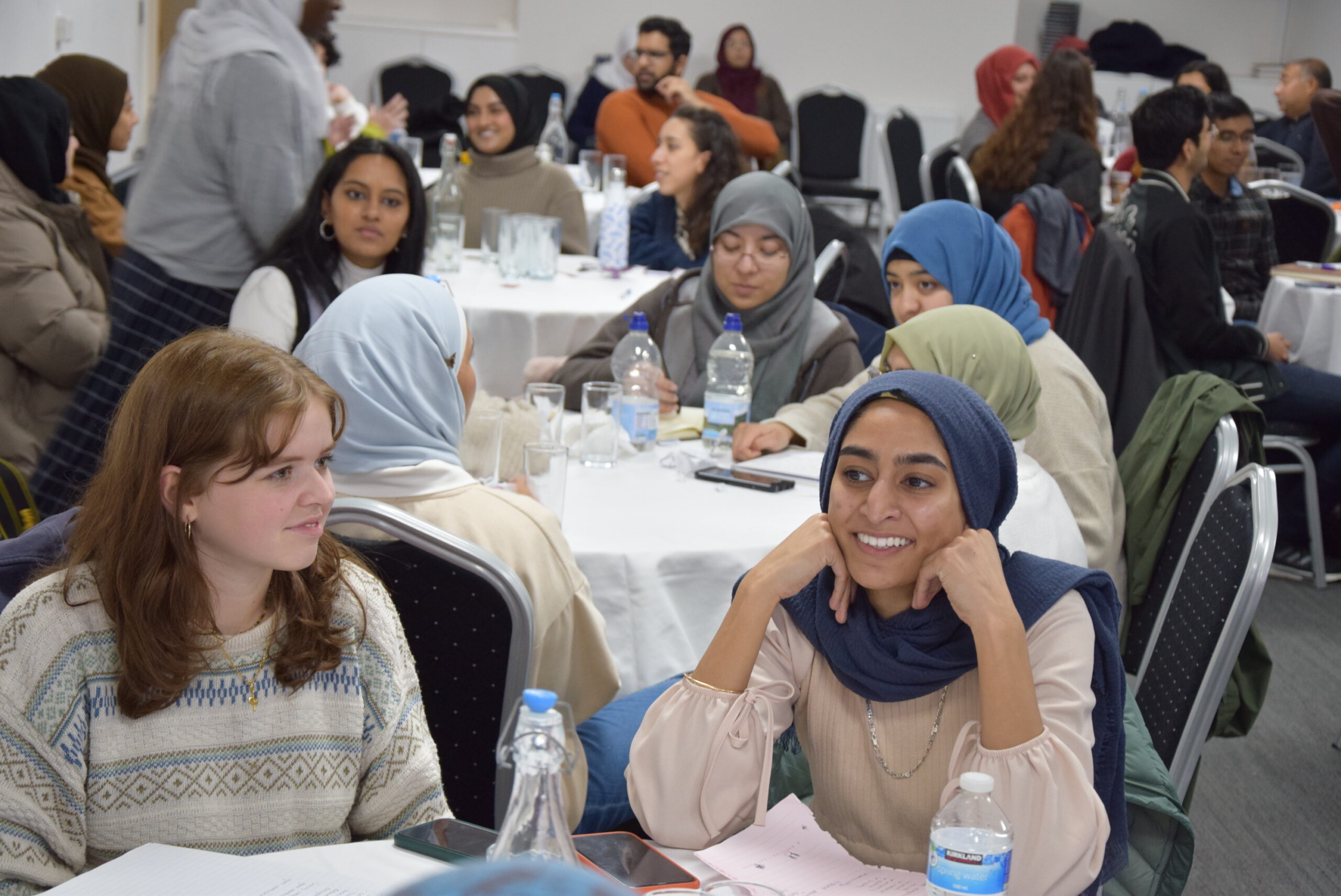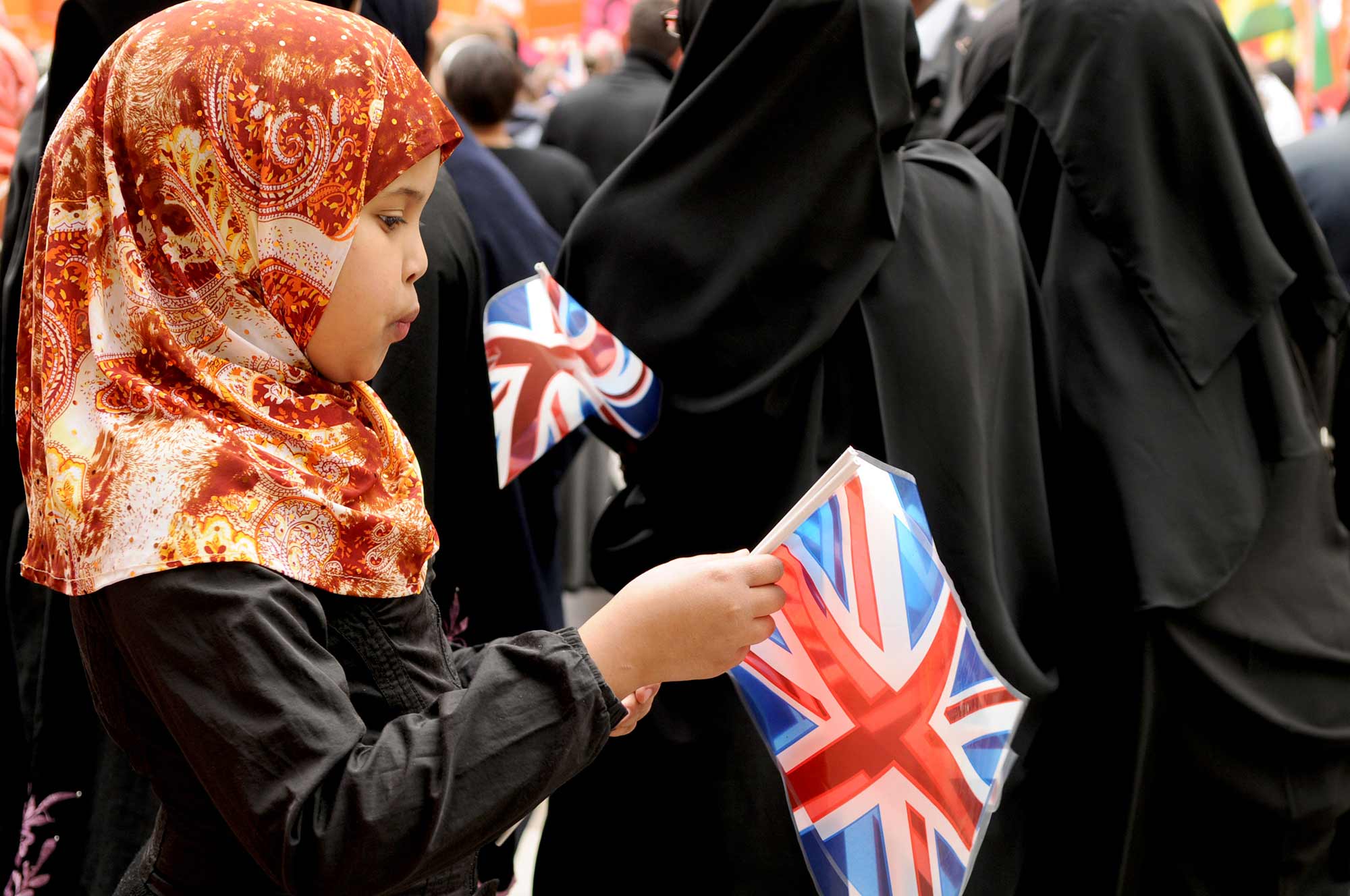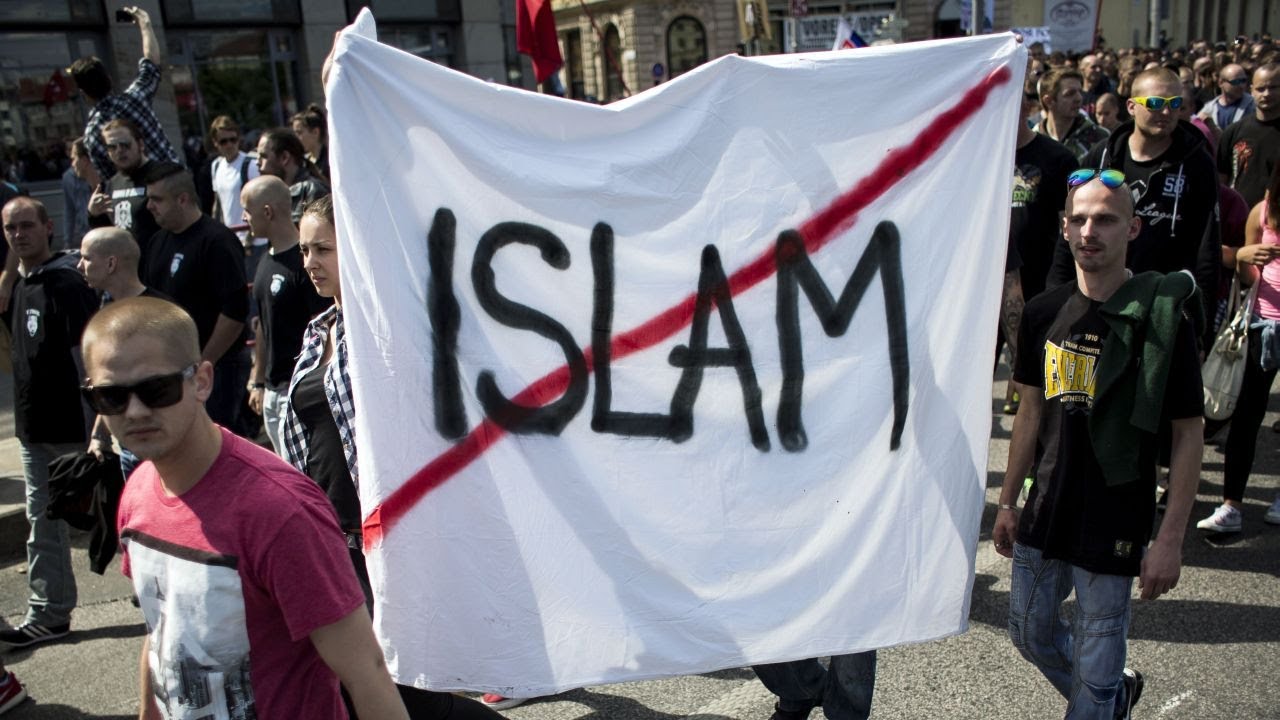Have Young British-Born Muslims Succeeded in Integrating Into UK Society?

“The Muslim community in the UK is the fastest growing of all religious groups.”
The UK's largest Muslim umbrella organization recently published accurate and detailed data on the demographic, educational, economic, and health status of Muslims in the country, indicating that they enjoy a high level of integration into society.
Although the Muslim community in Britain is one of the strongest in Europe in terms of financial influence and political presence, and the most capable of integration, it faces significant challenges, perhaps the most prominent of which is the rise of hate speech.
It is worth noting that the rate of Islamophobia in Britain increased sixfold following the New Zealand terrorist attacks in March 2019.
Despite all of the above, Britain has been more successful in socio-economically integrating its Muslim communities than European counterparts such as France and Germany.
Social Challenges
A new report issued by the Muslim Council of Britain (MCB) revealed remarkable progress made by Muslim communities in the UK, despite the mounting social and economic challenges they face.
There are approximately 4 million Muslims in the UK, representing 6% of the total population, making them the largest religious minority in the country. The Muslim community is the fastest-growing of all religious groups.
The figures showed that 94% of Muslims born in England and Wales feel a strong sense of British identity.
The census results also show, for the first time, that the majority of Muslims in Britain are British-born, at 50%. This percentage is also increasing in some cities, such as Bradford (65%), Walsall (61%), and Oldham (59%).
The report highlighted educational progress within the Muslim community. Data showed that 50% of Muslim students enrolled in full-time university education are female, a significant indicator of the growing academic ambition among Muslim women.
The report also showed that the median age of Muslims in the UK is 29, compared to 44 for the general population. This gives this group vital demographic characteristics that contribute to bridging gaps in the labor market and strengthening the national economy.
Despite the progress made, Muslim communities still face significant social and economic challenges. 40% of Muslims in England live in the most deprived neighborhoods.
A quarter of Muslim households in England and Wales also suffer from overcrowding, a rate four times higher than the national average.
The report indicated that approximately 29.9% of Muslim women over the age of 65 are in poor or very poor health, compared to 13% of the general population.
The MCB called for policies to address poverty and bridge gaps in housing, healthcare, and education.
It emphasized that Muslims are not demanding special treatment, but rather recognition of the unfair reality they face in some vital sectors.
The report also stressed the important role of Muslim civil society in providing guidance and vocational and academic support to young people, as well as providing effective support mechanisms for single-parent households.
The MCB's Secretary General Dr. Wajid Akhtar emphasized that the report reinforces the firm conviction that Muslims in Britain are not merely residents, but an integral part of its society.
“The future of Britain and the future of its Muslims are intertwined, and this future looks really promising,” he added.

Islamic Identity
In another context, young Muslims in Britain face mounting challenges in light of the practices of the far right, negative media coverage, and even the repercussions of the Israeli aggression on Gaza.
However, the new generation of British Muslims is demonstrating remarkable excellence in education and employment, and is increasingly aware of their rights and identity in British society.
Recent figures from the Whitestone Poll show that young British-born Muslims are more committed to their Islamic identity than their parents' generation and more aware of their role in society, reflecting a maturity in dealing with political and social challenges.
Despite the marginalization and discrimination young British-born Muslims feel, they continue to advance in educational institutions and professional sectors, laying the foundations for a more influential future.
Numerous studies have highlighted the social integration paradox, which states that increased integration of minorities into society contributes to increased awareness of discrimination and racism.
However, the new generation of British Muslims feels a disconnect between what they expect from the political system and the social reality they experience. This feeling has been reinforced by the escalation of Israeli aggression on Gaza and violations of international law and human rights.
A recent study by the Institute for the Impact of Faith in Life (IIFL) concluded that most British Muslims identify with their religion before their nationality, not because their faith demands loyalty to Islam first, but partly because many are made to feel they are not welcome to identify as primarily British.
The authors identified a strong sense of belonging that British Muslims feel towards the UK, particularly among older people who have lived in Britain for many decades.
It also found that, for most Muslims, their faith plays a more central role in their lives than their national identity.
Despite the UK government's launch of initiatives such as the Racial Equality Act and its pledges to combat Islamophobia, the impact of these policies remains limited on the ground, at a time when Britain is witnessing a growing sense of internal division, especially among young Muslims.
In the absence of radical solutions from the British government, organizations and initiatives from the Muslim world are seeking to support civil society in Britain by funding youth projects and empowering them to be active in building a more diverse and just British future.

Rising Islamophobia
On September 10, 2021, during her speech in the UK Parliament on Islamophobia, Muslim Labour MP Zarah Sultana burst into tears, noting that she had received racist messages because of her religion and faith.
The Muslim MP's remarks about the racist abuse she's been subjected to reflect the extent of Islamophobia in Britain, despite the country's clear and very flexible embrace of the Muslim community at the official level, which may reflect a contradiction among some.
However, this contradiction is due to the growing influence of the far right in recent years and the escalating hate speech, which the UK authorities are trying to combat as much as possible, to no avail.
Islamophobia grew in Britain and the West in general after the events of September 11, 2001, and the terrorist attacks in Madrid in 2004 and London in 2005, and subsequently in France, Belgium, Germany, and other European countries.
In 2011, Sayeeda Warsi, a former Conservative Party chairwoman and one of the country’s leading Muslim politicians, raised alarm bells when she claimed that anti-Muslim racism had become too normal.
Over the last few years, the UK has seen Islamophobia rise at a disturbing rate.
British Home Office data showed that Muslims had the highest percentage of victims of attacks due to religious hatred.
In turn, the MCB described the Muslim minority as the weakest link when it comes to hate crimes, noting that more than a third of these crimes target Muslims across the UK.
Despite the recent rise in hate speech due to the growing influence of extremist groups, Muslims are more likely to live in Britain, which is generally more inclusive of minorities and offers the highest level of freedom to practice their faith compared to other countries. However, Islamophobia remains a chronic headache for Muslims.

Last month, the UK government announced the establishment of a new working group to define the term ‘Islamophobia’, with the aim of supporting a broader range of government action in the UK to address unacceptable incidents of hate against Muslims.
The Ministry of Housing, Communities and Local Government (MHCLG) indicated in a statement that it will advise the government on the best ways to understand, identify, and measure prejudice, discrimination, and hate crimes targeting Muslims in Britain.
It explained that with hate crimes against Muslims reaching record levels in England and Wales, the group's work will support broader, ongoing government-led efforts to tackle religiously motivated hate crimes.
“All forms of religious and racial hatred have absolutely no place in our society,” an MHCLG spokesman said.
Sources
- British Muslims: Strong British Identity, Youthful Demographic and Entrepreneurial Spirit [Analysis]
- The Integration Paradox: A Review and Meta-Analysis of the Complex Relationship Between Integration and Reports of Discrimination [Study]
- Belonging, Belief & Britishness: Exploring the British Muslim Experience on Their Own Terms [Study]
- Angela Rayner to set rules on Islam and free speech










